
Administrative duties are a necessary evil every practice deals with. Not only do tasks like coding and documentation take valuable time away from treating patients, they can lead to a loss of revenue if not handled correctly.
According to the 2013 Practice Profitability Index, the majority of practicing physicians spend more than 20% of their time – the equivalent of one workday a week – on administrative tasks instead of patient care.
Thankfully, many practice management (PM) systems have the tools necessary to reduce your practice’s administrative burdens.
Electronic Signatures
Many providers aren’t sure if electronic signatures are allowed under Meaningful Use and HIPAA standards. Fortunately, both federal programs accept e-signatures on electronic documents.An efficient PM system will let you set up an electronic signature under the settings tab. This will save you from having to manually print out claims and medical notes just to brand them with your practice’s signature stamp.
Automatic Insurance Checker
Manually calling payers to verify patient insurance eligibility can be a time-consuming task for staff. Eliminate this arduous process by adopting a PM system that automatically checks patient insurance information after booking an appointment.The key word here is “automatic.” Although most PM systems have an eligibility checker, only the best do it on their own. CareCloud Central, for instance, performs this task within one to four days.
Appointment Reminders
Patient no-shows can be frustrating to no end. They throw your whole day’s schedule off tilt, and even hurt your practice’s profitability.Most PM systems will call patients and leave a message reminder about an upcoming appointment. But exemplary systems use email and text messaging to communicate reminders as well. When dealing with patients, the more forms of communications you use, the better the chances are of them showing up for their appointment.
Patient Portals
Finally, a patient portal can act as a great source of medical information for your patients. It allows them to find education materials, pay bills and even schedule appointments. This decreases the need for patients to call your practice.Choose a PM system that comes with an integrated patient portal. It beats buying an independent portal offering since it is often difficult to sync software from two different vendors.
Ultimately, practice management systems hold the keys to getting organized and improving patient satisfaction. If your practice’s workflow is hindering your ability to treat patients, maybe it’s time to reconsider the system you use to run operations.
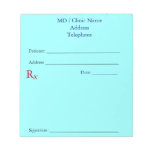
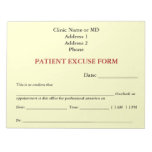
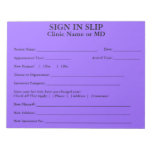
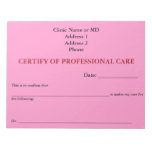


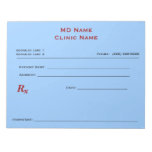
No comments:
Post a Comment